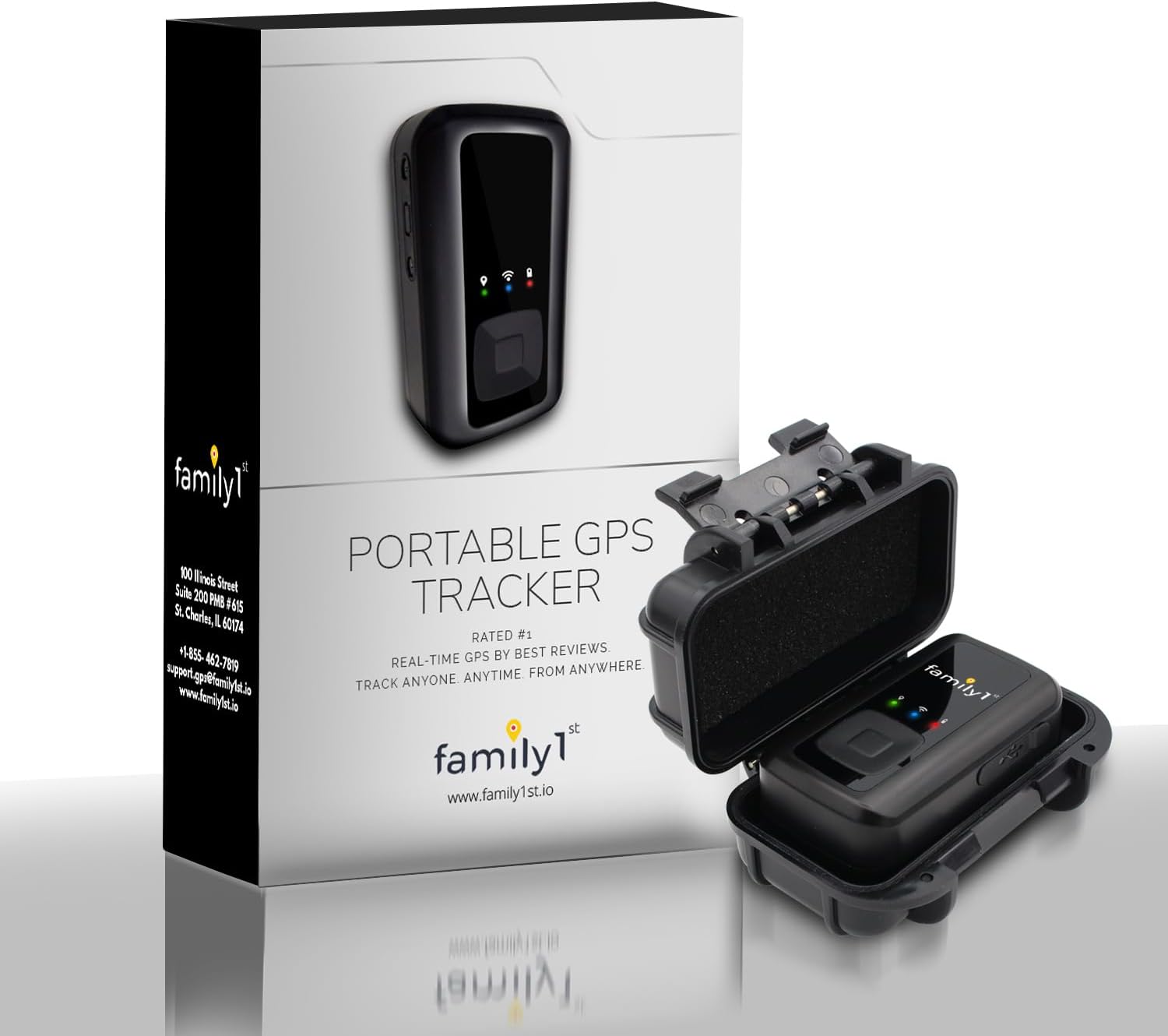For professional drivers, the road isn’t just a path; it’s a lifeline. Their livelihood depends on efficiency, safety, and on-time delivery. While skill and experience are paramount, a crucial tool that helps them navigate the complexities of the trucking world is the GPS navigator. It’s more than just a direction-finding device; it’s a strategic partner in their daily operations. Let’s explore why professional drivers swear by these invaluable technological aids, going beyond the simple “get me there” function.
Beyond the Basics: Why GPS is Essential for Professional Drivers

The reasons professional drivers rely on GPS navigators extend far beyond simple route planning. These devices offer a suite of features tailored to the unique demands of their profession. Consider these key advantages:
- Time Management: Deadlines are everything in the trucking industry. GPS systems accurately calculate estimated times of arrival (ETAs), enabling drivers to manage their schedules effectively, avoid delays, and meet delivery windows consistently. This precise ETA calculation goes beyond simple distance; it factors in real-time traffic, road closures, and construction, providing a realistic and adaptable timeline.
- Route Optimization: Professional drivers often navigate complex routes, dealing with weight restrictions, low bridges, and other geographical limitations. GPS systems can be programmed to avoid these obstacles, selecting the most efficient and permissible routes, saving time and fuel. Advanced systems allow customization based on specific vehicle dimensions and weight capacity, minimizing the risk of costly detours or accidents.
- Safety Enhancement: Minimizing risk is key. GPS systems offer features like lane guidance and hazard alerts, proactively warning drivers of potential dangers like sharp turns, steep inclines, and accident-prone zones. Real-time traffic updates help drivers avoid congestion and potentially dangerous situations. Some systems even integrate with driver monitoring features, promoting safer driving practices.
- Fuel Efficiency: By optimizing routes and avoiding unnecessary idling, GPS navigation contributes significantly to fuel efficiency. This translates into cost savings and a reduced environmental footprint, a growing concern for many trucking companies.
- Improved Documentation: Detailed trip histories and route data generated by GPS systems are invaluable for maintaining accurate logs, complying with regulations, and resolving any discrepancies or disputes. This digital record-keeping simplifies administrative tasks and enhances transparency.
The Importance of Torque and Engine Choices

While GPS focuses on navigation, the effectiveness of a professional driver’s journey is intrinsically linked to the vehicle’s performance. This is where engine torque, towing capacity, and engine options come into the picture. Torque, the rotational force of an engine, is crucial for hauling heavy loads. A high torque engine ensures smooth acceleration and hill climbing, especially essential when navigating challenging terrains or carrying maximum payloads.
Engine options vary widely, from diesel engines known for their high torque and fuel efficiency, to gasoline engines offering potentially lower maintenance costs. The choice depends on the specific needs and operational demands of the driver and company. Professional drivers often favor diesel engines, particularly for long-haul trucking, due to their superior torque and fuel economy.
Torque and Towing Specs: A Comparative Look

Let’s illustrate this with a hypothetical comparison between two popular heavy-duty trucks: the “Titan” and the “Atlas.” (These are fictional examples for illustrative purposes). The Titan boasts 1,000 lb-ft of torque with a 20,000 lbs towing capacity, while the Atlas offers 850 lb-ft of torque and a towing capacity of 18,000 lbs. The difference is noticeable; the Titan’s superior torque translates to improved performance, particularly when hauling heavier loads or climbing steep grades.
Beyond these core specs, aspects like fuel economy, transmission type, and available driver-assistance features would further differentiate these vehicles. Professional drivers would carefully consider these factors based on their typical hauling routes and cargo loads.
Competitive Landscape and Practical Advice

The trucking industry is competitive. Selecting the right vehicle and maximizing its capabilities through smart navigation is critical. Drivers need to consider factors beyond just engine specs and GPS functions. Maintenance schedules, fuel costs, and driver comfort all impact profitability. Comparing different GPS systems and understanding their features is also essential. Some offer advanced fleet management capabilities, integrating with dispatch systems and providing real-time location tracking. Others offer specialized features for specific trucking needs, such as hazardous material transport routes.
For users, it’s vital to regularly update GPS maps, ensure the system is functioning optimally, and understand its limitations. Relying solely on GPS without paying attention to surroundings can be dangerous; a responsible driver will always maintain situational awareness.
Conclusion: The Indispensable Role of GPS Navigation
Professional drivers understand that efficient and safe operation goes beyond just mastering the vehicle; it requires embracing the latest technologies to enhance performance. The GPS navigator, when integrated with smart vehicle choices, is not just a helpful tool, but a critical component in their success. From optimizing routes and maximizing fuel efficiency to enhancing safety and simplifying administrative tasks, its benefits are undeniable. The GPS navigator is truly an indispensable partner for every professional driver navigating the highways and byways of the modern world.


